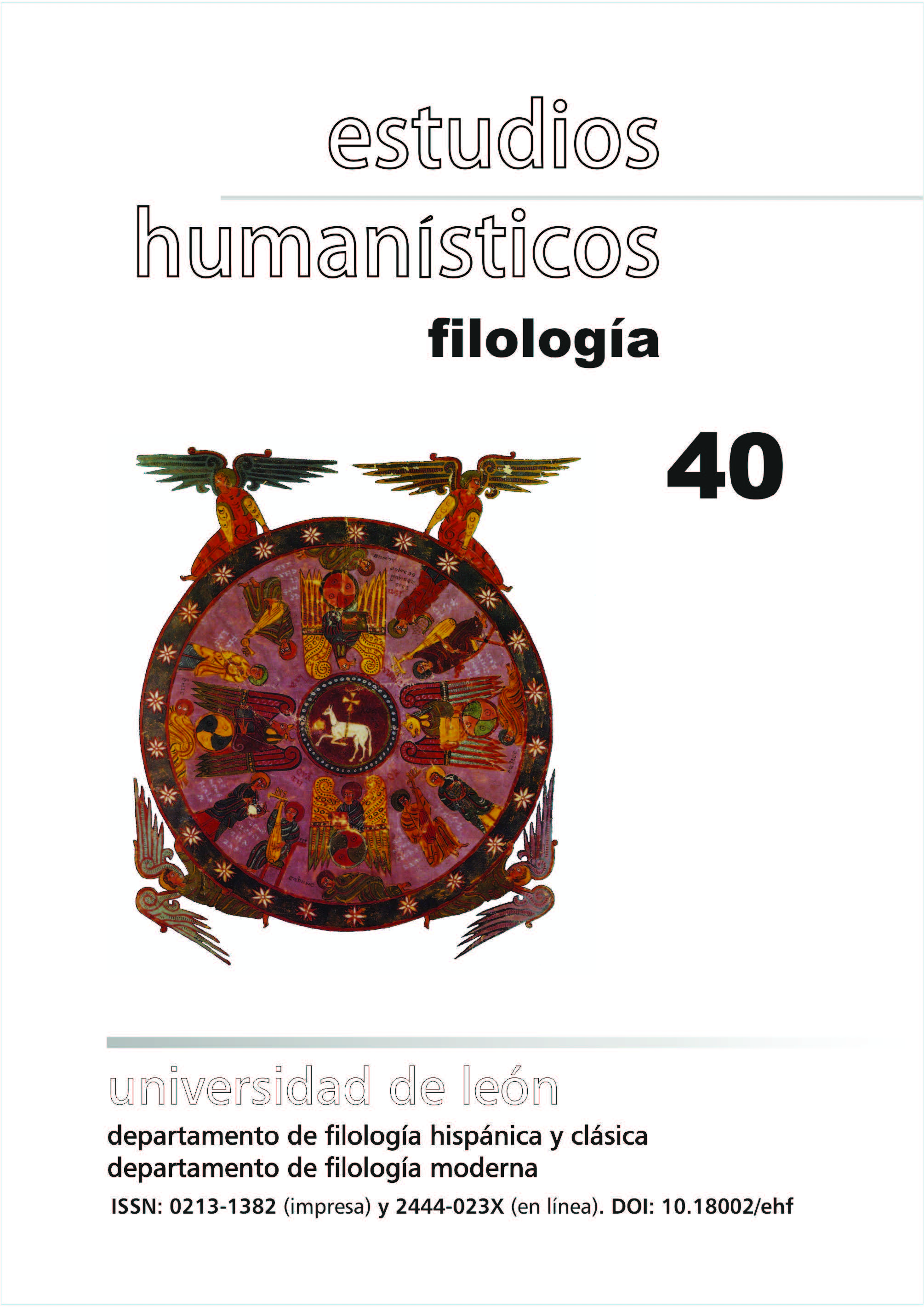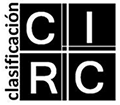Introducción a la fonética del dothraki, lengua de Juego de Tronos = Some phonetic aspects of dothraki, the language of Game of Thrones.
DOI:
https://doi.org/10.18002/ehf.v0i40.5075Palavras-chave:
Dothraki, Juego de Tronos, David J. Peterson, Canción de hielo y fuego, George R. R. Martin, Game of Thrones, David, J. Peterson, A Song of Ice and FireResumo
Este trabajo presenta un análisis de la fonética del Dothraki, lengua artificial creada por David J. Peterson para la serie de televisión Juego de Tronos. Exponemos, primeramente, una breve introducción sobre el proceso de creación de la lengua y, por ende, de las influencias de las que Peterson se nutre para crear este sistema. En segundo lugar, analizamos los principales rasgos fonéticos que aparecen en esta creación lingüística.
This paper presents an analysis of the phonetics of Dothraki, artificial language created by David J.
Peterson for the television series Game of Thrones. First, we present a brief introduction on the process
of language creation, and hence on the influences that Peterson uses to create this system. In the second place, we analyze the main phonetic features that appear in this linguistic creation.
Downloads
Métricas alternativas
Referências
Adams, M. (2011): From elvish to klingon. Exploring invented languages, Nueva York, Oxford University Press.
Calero Vaquera, Mª. L. (1993): “En torno a la lengua universal. La contribución de Bonifacio Sotos Ochando (1785-1869)”. Revista Española de Lingüística, 23(2), 91- 113.
Calero Vaquera, Mª. L. (1999): Proyectos de lengua universal. La contribución española, Córdoba, Publicaciones de la Universidad de Córdoba y Obra Social y Cultural Cajasur.
Couturat, L. y Leau, L. (1903): Histoire de la langue universelle, Hildesheim, Georg Olms Verlag.
Eco, U. (1994): La búsqueda de la lengua perfecta, Barcelona, Crítica.
Gándara Fernández, L. (2016): “Una lengua para mujeres: S. Haden Elgin y la creación del láadan”, en A. Salvador et alii (eds.) (2016) La Historiografía Lingüística como paradigma de investigación, Madrid, Akal: 381-392.
González Baixauli, L. ([1999] 2002): La lengua de los elfos. Una gramática para el quenya de J. R. R. Tolkien: Tengwesta Kwenyava, Barcelona, Minotauro.
Jaén Martín, M. (2017): Cómo crear una lengua. Manual para elaborar un idioma propio, Córdoba, Berenice.
Littauer, R. The Dothraki Language Dictionary, https://docs.dothraki.org/Dothraki.pdf (Consultado en abril de 2017).
Maat, J. (2004): Philosophical Languages in the Seventeenth Century: Dalgarno, Wilkins, Leibniz, Netherlands, Kluwer Academic Publisher.
Okrent, A. (2010): In the land of invented languages: a celebration of linguistic creativity, madness and genius, Nueva York, Spiegel & Grau.
Peterson J., D. (2014): Living Language Dothraki, Nueva Yok, IVY Books.
Peterson J., D. (2015): The art of language invention. From Horse-Lords to Dark Elves, the Words Behind World-Building, Nueva York, Penguin Books.
Such, M. (2017): “Así revolucionó ʹJuego de Tronosʹ la literatura fantástica” http://www.lavanguardia.com/series/20170411/421625714717/juego-de-tronosgeorge-rr martin-cancion-de-hielo-y-fuego-fantasia.html (Consultado en mayo de 2017).
Downloads
Publicado
Como Citar
Edição
Secção
Licença
Direitos de Autor (c) 2018 Leticia Gándara Fernández

Este trabalho encontra-se publicado com a Licença Internacional Creative Commons Atribuição-NãoComercial-CompartilhaIgual 4.0.
Los autores o autoras que publican en esta revista están de acuerdo con los siguientes términos:
- Los autores o autoras conservan los derechos de autoría de su trabajo y ceden de forma no exclusiva los derechos de explotación (reproducción, distribución, comunicación pública, transformación) a la Universidad de León, por lo que pueden establecer, por separado, acuerdos adicionales para la distribución no exclusiva de la versión de la obra publicada en la revista (por ejemplo, alojarlo en un repositorio institucional o publicarlo en un libro), con un reconocimiento de su publicación inicial en esta revista.
- Este trabajo se encuentra bajo la Creative Commons Attribution-NonCommercial-ShareAlike 4.0 International License. Puede consultarse desde aquí la versión informativa y el texto legal de la licencia.
- Se permite y se anima a los autores y autoras a difundir electrónicamente las versiones pre-print (versión antes de ser evaluada) y/o post-print (versión evaluada y aceptada para su publicación) de sus obras antes de su publicación, ya que favorece su circulación y difusión más temprana y con ello un posible aumento en su citación y alcance entre la comunidad académica.











